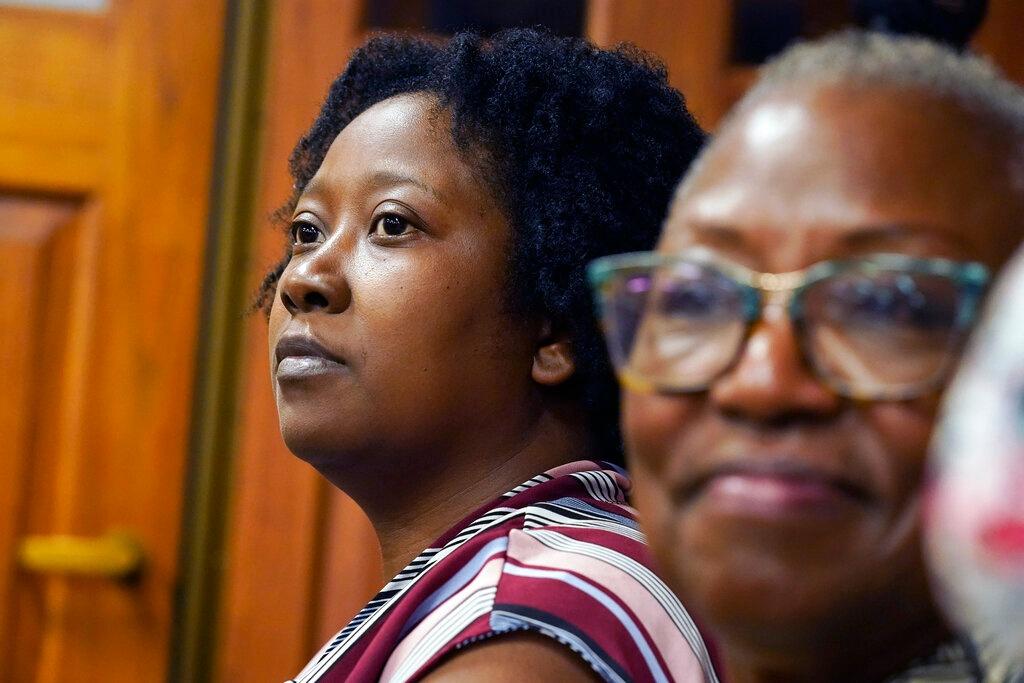A Mississippi judge on Thursday blocked a state law that put $10 million of federal pandemic relief money into infrastructure grants for private schools.
The ruling by Hinds County Chancery Judge Crystal Wise Martin is a victory for Parents for Public Schools. The nonprofit group sued to block the program, arguing that the funding gives private schools a competitive advantage over public schools.
The lawsuit cites Section 208 of the Mississippi Constitution, which prohibits the use of public money for any school that is not “a free school.”
“Any appropriation of public funds to be received by private schools adversely affects schools and their students,” Martin wrote. “Taxpayer funding for education is finite.”
During this year’s legislative session, Mississippi’s Republican-controlled House and Senate made plans to spend most of the $1.8 billion the state is receiving from the federal government for pandemic relief.
Republican Gov. Tate Reeves signed two bills in April. One created a grant program to help private schools pay for water, broadband and other infrastructure projects. The other allocated the $10 million of federal money for the program, starting July 1.
The program allows grants of up to $100,000 to any in-state school that is a member of the Midsouth Association of Independent Schools and is accredited by a state, regional or national organization. Public schools cannot apply for the infrastructure grants.
Legislators created a program to provide interest-free loans to public schools to improve buildings and other facilities, with money coming from the state. Those loans must be repaid within 10 years. The grants to private schools do not need to be repaid.
Attorney General Lynn Fitch's staff is reviewing the judge's order and “evaluating next steps" of whether to appeal, chief of staff Michelle Williams said Thursday.
The American Civil Liberties Union of Mississippi, the Mississippi Center for Justice and Democracy Forward filed the lawsuit June 15 on behalf of Parents for Public Schools, an advocacy group founded more than 30 years ago.
Democracy Forward attorney Will Bardwell said in a statement that Martin's ruling is "a victory for the Mississippi Constitution and every person who cares about public education in the state."
“When the state legislature violated the constitution by directing public money to private schools, it did more than merely continue Mississippi’s shameful history of undermining its children’s public schools. It broke the law, period," Bardwell said. "Today’s ruling makes clear: No one, not even the Mississippi legislature, is above the law.”
The private schools' infrastructure grant program is overseen by the Mississippi Department of Finance and Administration. A spokeswoman for the agency said Thursday that no applications have been received and none of the money has been distributed.
Martin noted that Mississippi’s public education system has been “chronically underfunded.” A 1997 state law established a complex funding formula called the Mississippi Adequate Education Program, which was designed to ensure schools receive enough money to meet midlevel academic standards. Legislators have fully funded the formula only two years.
Martin noted that the same day she heard oral arguments in the case, Aug. 23, Jackson's public Forest Hill High School had to dismiss early because of low water pressure. By Aug. 30, all of Jackson's public schools had to go to online-only classes temporarily because problems in the city's main water treatment plant caused most of Jackson to lose running water for a few days.
“This court need only sit in Hinds County and take notice of current events to find that exclusive public infrastructure funding for private schools adversely affects public school students differently than the general public,” Martin wrote.



